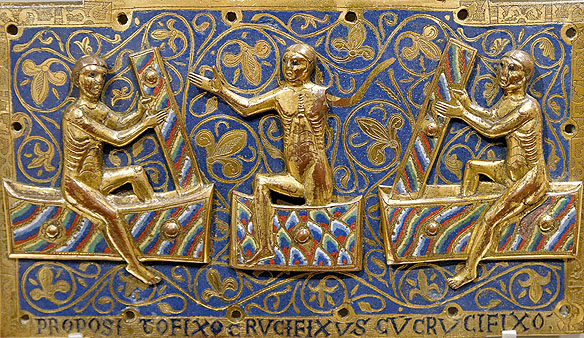An overactive thyroid, also known as hyperthyroidism, is where the thyroid gland produces too much of the thyroid hormones.
The thyroid is found at the front of the neck. It produces hormones that affect things such as your heart rate and body temperature.
Extra levels of these hormones can cause unpleasant and potentially serious problems that may require treatment.
An overactive thyroid can affect anyone, but it’s about 10 times more common in women than men and it typically starts between 20 and 40 years of age.
Symptoms of an overactive thyroid
An overactive thyroid can cause a wide range of symptoms, including:
nervousness, anxiety and irritability
mood swings
persistent tiredness and weakness
sensitivity to heat
swelling in your neck from an enlarged thyroid gland (goitre)
an irregular and/or unusually fast heart rate (palpitations)
twitching or trembling
Read more about the symptoms of an overactive thyroid.
When to see your GP
See your GP if you have symptoms of an overactive thyroid.
They will ask about your symptoms and can arrange a blood test to check how well your thyroid is working if they think you might have a thyroid problem.
If the blood test shows that you have an overactive thyroid, you may be referred for further tests to identify the cause.
Read more about how an overactive thyroid is diagnosed.
Treatments for an overactive thyroid
An overactive thyroid is usually treatable.
The main treatments are:
medication that stops your thyroid producing too much of the thyroid hormones
radioiodine treatment – where radiation is used to damage your thyroid, reducing its ability to produce thyroid hormones
surgery to remove some or all of your thyroid, so that it no longer produces thyroid hormones
Each of these treatments has benefits and drawbacks. You’ll normally see an endocrinologist (specialist in hormone conditions) to discuss which is best for you.
Read more about how an overactive thyroid is treated.
Causes of an overactive thyroid
There are a number of reasons why the thyroid can become overactive.
These include:
Graves’ disease – where the body’s immune system mistakenly attacks and damages the thyroid
lumps (nodules) on the thyroid – this results in extra thyroid tissue, which can mean extra thyroid hormones are produced
certain medications – such as amiodarone, a medication for an irregular heartbeat (arrhythmia)
About three in every four cases are because of Graves’ disease.
Read more about the causes of an overactive thyroid.
Further problems
An overactive thyroid, particularly if it’s not treated or well controlled, can sometimes lead to further problems.
These include:
eye problems – such as eye irritation, double vision or bulging eyes
pregnancy complications – such as pre-eclampsia, premature birth or miscarriage
a thyroid storm – a sudden and life-threatening flare-up of symptoms
Read more about the complications of an overactive thyroid.
